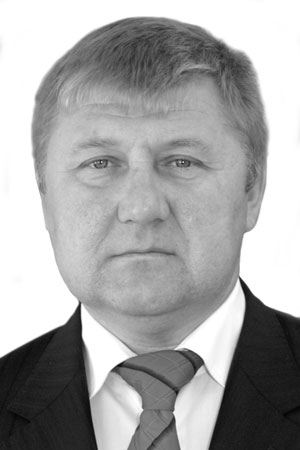The Content of Pulse Profiles of Loads for Boys at Physical Education Lessons of Educative Subject Orientation
Фотографии:
ˑ:
N.I. Sinyavsky, associate professor, Dr.Hab.
N.N. Beznosko, associate professor, Ph.D.
R.I. Sadykov, Ph.D.
Surgut state pedagogical university, Surgut
Key words: physical education lesson, load pulse profile, educative subject orientation, intensity zones.
According to the analysis of the methodological literature, innovative changes are required in the system of school physical education, and primarily in the methodology of designing a system of physical education lessons, as the main form of school learning process. In reality of the domestic school physical education the majority of children usually do not have any motor activity except for mandatory physical education lessons. Therefore, the goal of a physical education teacher is to maximize the use of this form of organization of physical education for the younger generation.
In order to achieve the goal and settle the set tasks a set of theoretical and empirical research methods was used.
The study revealed, that the load on physical education lessons of the educative subject orientation for boys is poorly controlled. Their dynamics is balanced neither in respect of development of motor abilities, physical fitness level, nor with respect to the continuity of one type of classes with another, nor with respect to long holiday break in classes during the school year.
Week, term and semi-annual microcycles are modeled spontaneously, without scrutiny and records in terms of development of motor abilities.
References
- Zotova, F.R. Effectiveness of additional "training" lessons of physical education in innovative schools / F.R. Zotova // Fizicheskaya kultura: vospitanie, obrazovanie, trenirovka. – 2004. – № 1. – P. 2. (In Russian)
- Mutko, V.L. Additional physical education class: experience of implementation / V.L. Mutko, N.V. Parshikova, V.A. Chistyakov // Fizicheskaya kultura: vospitanie, obrazovanie, trenirovka. – 2007. – № 1. – P. 20. (In Russian)
- Strel'nikova, I.V. Development of coordinating abilities in senior schoolchildren / I.V. Strel'nikova // Fizicheskaya kultura v shkole. – 2007. – № 6. – P. 8–10. (In Russian)
- Fonareva, E.A. The sports educational process in a comprehensive school / E.A. Fonareva // Fizicheskaya kultura: vospitanie, obrazovanie, trenirovka. – 2011. – № 6. – P. 73. (In Russian)
- Kharitonova, E.N. Physical culture and sports activity as a factor in increasing the efficiency of the school educational process / E.N. Kharitonova // Fizicheskaya kultura: vospitanie, obrazovanie, trenirovka. – 2007. – № 4. – P. 76. (In Russian)




 Журнал "THEORY AND PRACTICE
Журнал "THEORY AND PRACTICE